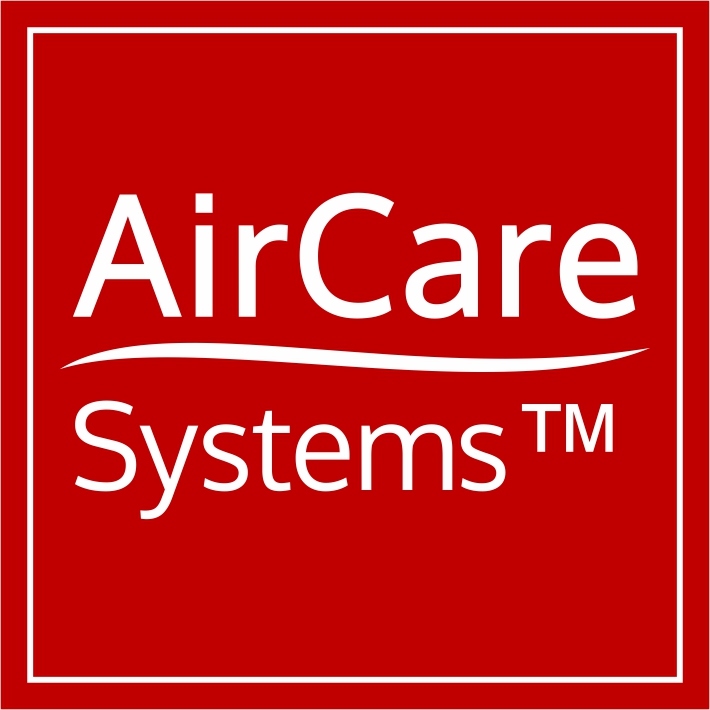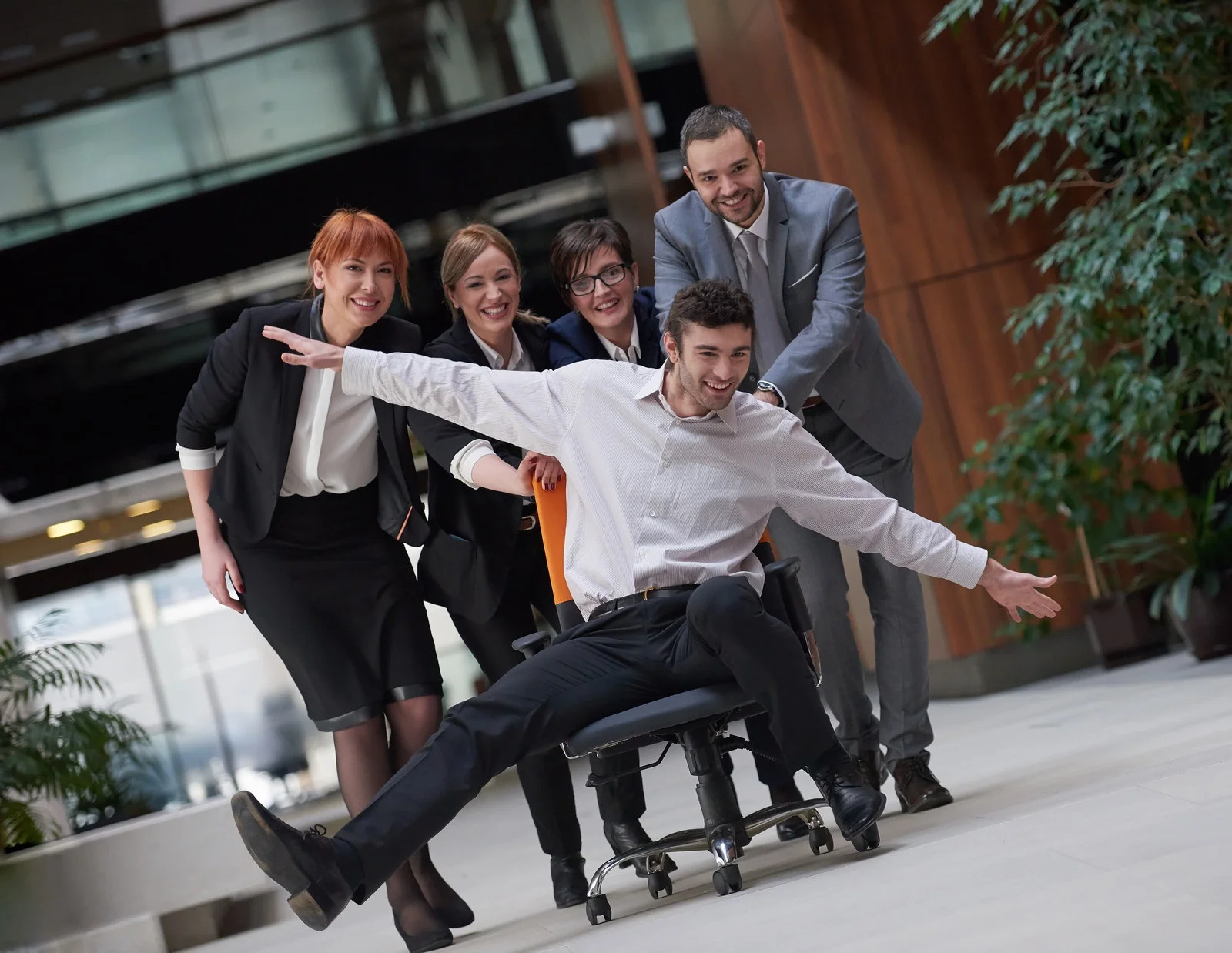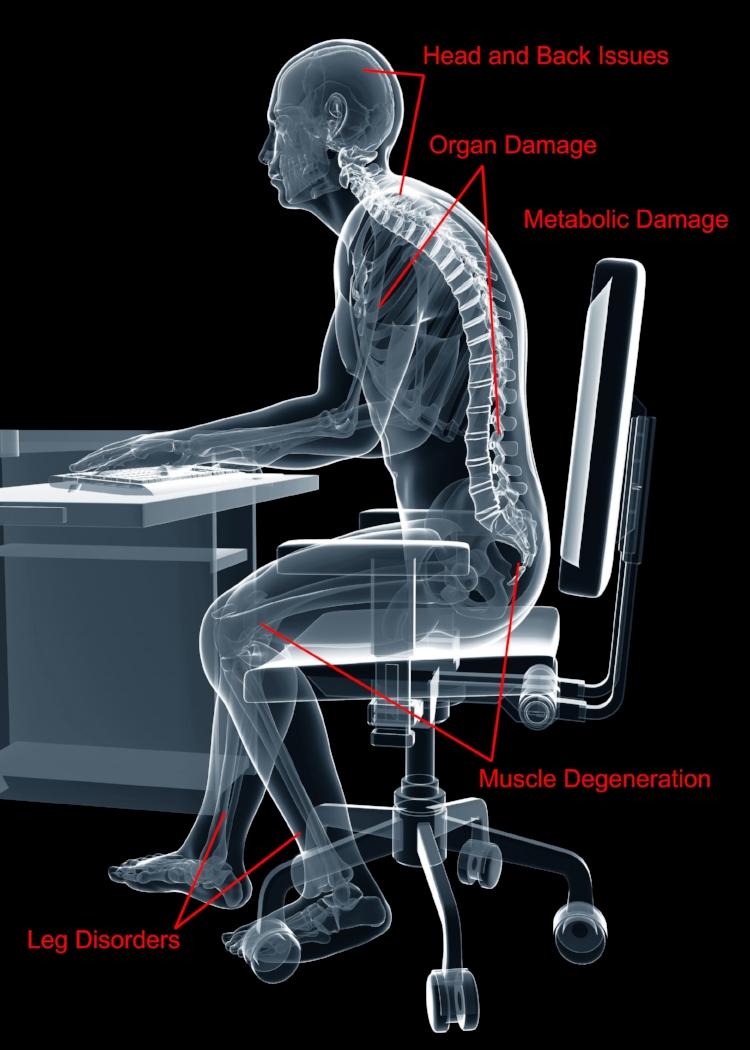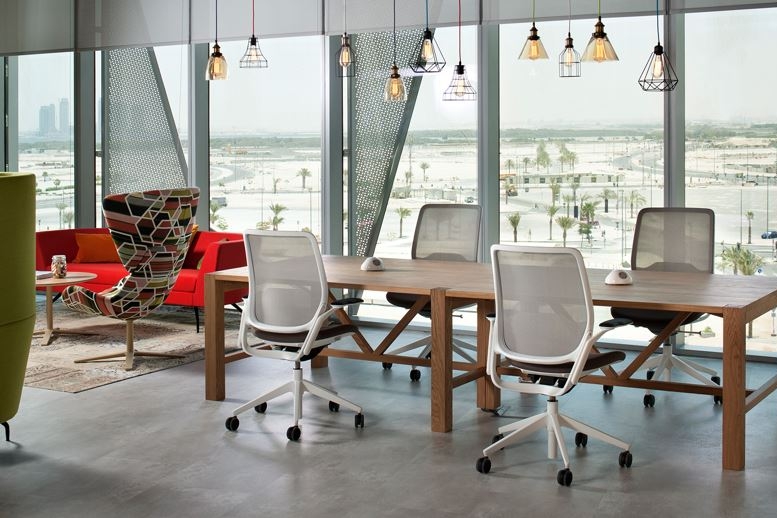Why is sitting bad for you?
/Employers are becoming far more enlightened with regard to health and well being in the work place. In a previous blog we looked at how productivity can be negatively effected by staff who suffer continual discomfort at work. This could mean they will eventually become less motivated, lose morale and may even become unable to work due to sickness.
However, for many employees, sitting is necessary for long periods of time at work. Research suggests that people sit at least 9 hours a day which is, more often than not, more than they sleep. Sitting is a hard habit to break, especially if your work involves computer based activity.
Why is sitting bad for you?
Sitting is second nature to us, it has become a default human body posture. Whether we are working, meeting friends, travelling, studying or simply relaxing, we tend to do all of these in a seated position. Sedentary lifestyles are at an all time high.
Let us take a look at the issues you could have from prolonged periods of time sitting:
Head and Back Issues
Foggy brain
Strained neck
Sore shoulders and back
Inflexible spine
Spinal disk problems
Organ Damage
Heart disease
Over productive pancreas
Colon cancer
Metabolic Damage
Reduced enzyme function
Reduced thermogenesis ad caloric expenditure
Muscle Degeneration
Weak abdominal muscles
Tight hips
Limp glutes
Leg Disorders
Poor circulation in legs
Soft bones
What is the Answer?
Understandably. several studies confirm that being more active during working hours leads to better health conditions.
Many employers see the benefits of providing more flexible working environments for their staff which promotes more daily activity. Smart working office designs incorporate different areas for people to choose how to work according to their required work activities. Such as, combining benches with high desks allowing people to change their posture and more relaxed meeting areas allowing staff to either sit of stand.
Of course, for those periods of time where sitting is essential, a good ergonomic chair can encourage micro movements of the pelvis when sitting for longer periods which can nurture and support the spine.
Aircare Systems understand the importance of staff comfort in the workplace and have developed and manufactured world leading, bespoke, dynamic seating technology for a large range of clients globally.
If you are a designer or manufacturer of task chairs and want to find out more about how we can help you create ergonomic, dynamic seating contact us now by clicking here, we look forward to hearing from you.







